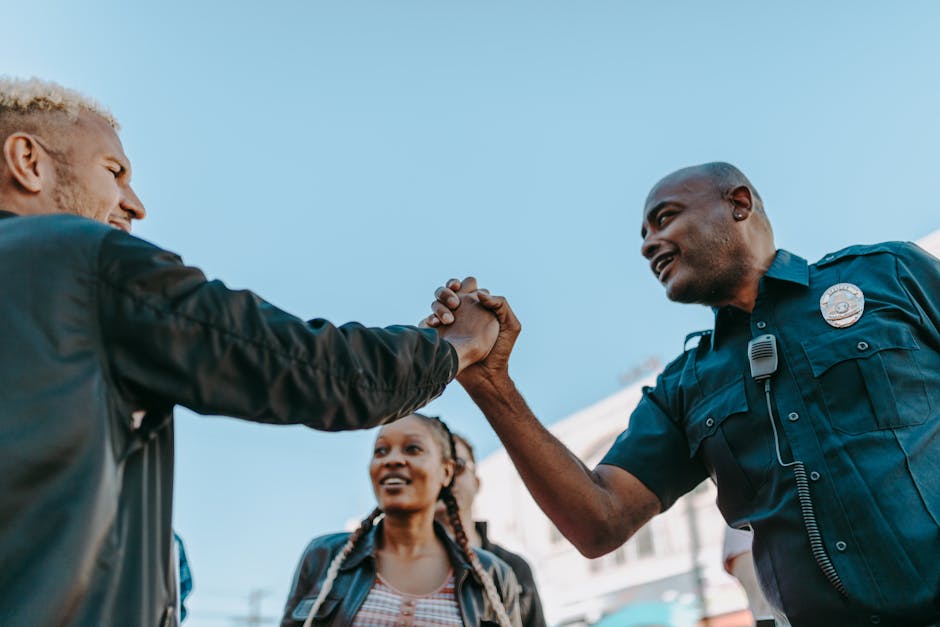Trump Boasts Destruction of ‘Drug-Carrying Submarine’
In a dramatic statement at a recent Iowa rally, former U.S. President Donald Trump took credit for the destruction of a “drug-carrying submarine” capable of transporting narcotics that he claimed could have killed “25,000 Americans.” This announcement reinforced Trump’s long-standing tough-on-crime and anti-drug trafficking platform.
“We will not tolerate the poison that’s being poured into our country,” Trump declared to the cheering crowd. “This submarine was carrying enough drugs to kill 25,000 Americans. We took it out, and we’re going to keep taking them out.”
While Trump did not provide specific details about the operation, such as its timing or location, his remarks have sparked widespread debate. Experts in drug enforcement and national security have offered mixed reactions, with some questioning the claim’s accuracy and others emphasizing the growing threat of sophisticated drug trafficking networks.
The Growing Threat of Narco-Submarines
Drug traffickers have increasingly turned to semi-submersible and fully submersible vessels—commonly known as “narco-submarines”—to transport large quantities of narcotics, primarily cocaine, from South America to the United States. These vessels are designed to evade detection, making them a significant challenge for law enforcement agencies.
According to the Drug Enforcement Administration (DEA), narco-submarines have become a preferred method for cartels to move drugs across international waters, posing a major threat to national security. The U.S. Coast Guard and other agencies continue to work tirelessly to intercept these vessels, but the task remains daunting.
Trump’s Legacy on Drug Enforcement
Trump’s recent remarks align with his administration’s focus on combating drug trafficking. During his presidency, he prioritized stopping the flow of illegal drugs into the U.S., particularly opioids and other substances contributing to the addiction crisis. His administration implemented measures such as increased funding for border security and efforts to dismantle drug cartels.
However, critics argue that Trump’s approach often lacked nuance, focusing more on punitive measures than addressing the root causes of drug addiction. While the destruction of a narco-submarine would mark a significant victory, experts caution that such operations are just one piece of a much larger puzzle.
Mixed Reactions to Trump’s Claim
Trump’s announcement has elicited varied responses. Supporters applaud his decisive action and strong rhetoric, viewing it as evidence of his commitment to protecting American lives. “President Trump has always been a leader who takes action, not just talks,” said one rally attendee.
Skeptics, however, have called for greater transparency, urging Trump to provide concrete evidence to support his claim. “While the destruction of a narco-submarine would be a positive development, it’s important to verify the details,” said a former DEA agent.
A Broader Conversation on Drug Policy
Trump’s statement reignites the broader conversation about U.S. drug policy. Despite decades of efforts to curb drug trafficking, the country continues to face high rates of addiction and overdose deaths. Many advocates argue for a more comprehensive approach, including increased funding for treatment and prevention programs.
As the 2024 presidential election approaches, Trump’s focus on drug trafficking is likely to remain a key part of his campaign messaging. His ability to position himself as a strong leader willing to take decisive action resonates with many voters, particularly those concerned about crime and border security.
The Ongoing Challenge of Drug Trafficking
Trump’s claim about the destruction of a narco-submarine serves as a reminder of the persistent challenges posed by international drug cartels. Whether or not the specifics of his statement are verified, the issue of drug trafficking remains a pressing concern for policymakers and law enforcement agencies.
For now, Trump’s message is clear: “We will not tolerate the destruction of our communities by drugs. We will fight back, and we will win.”




